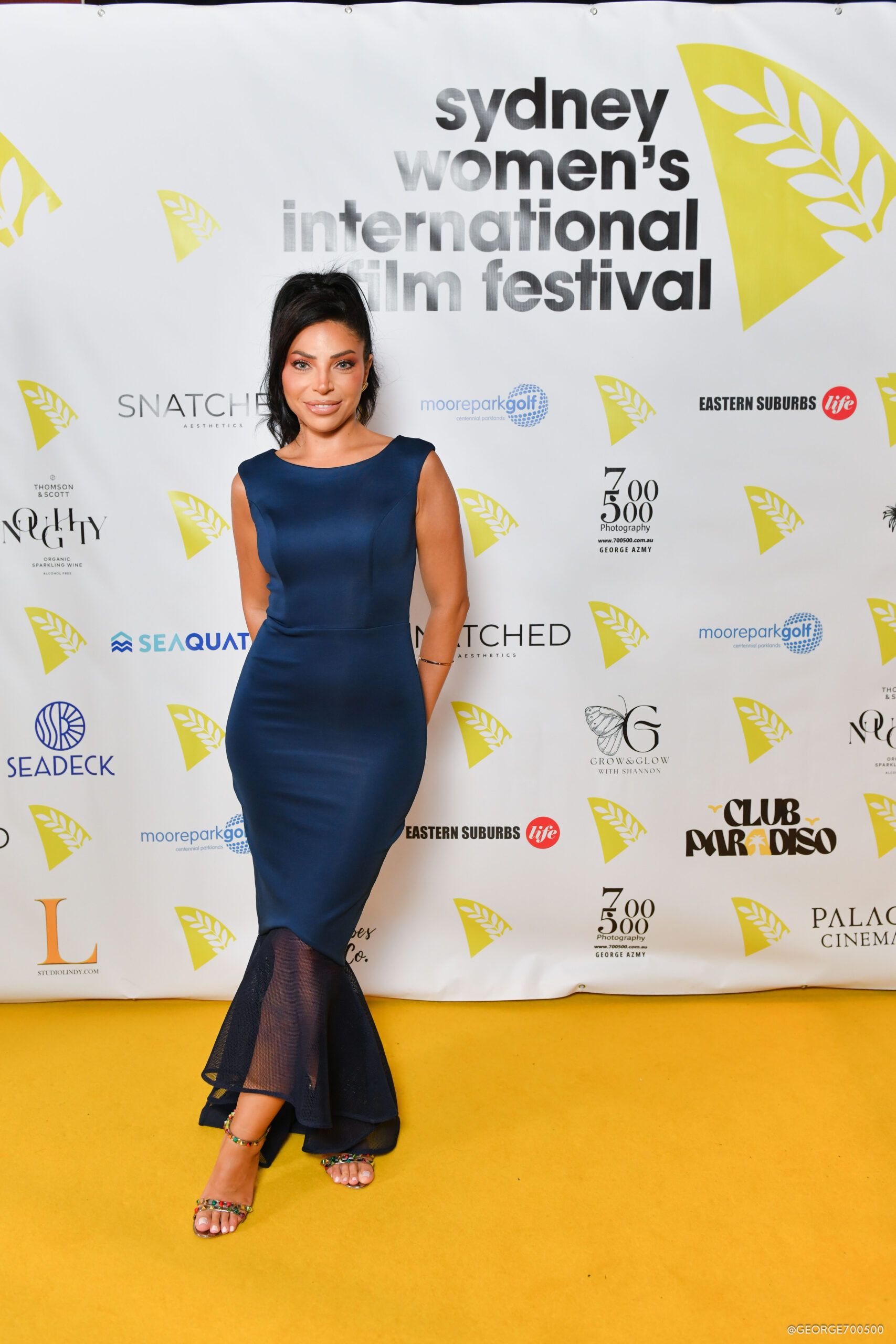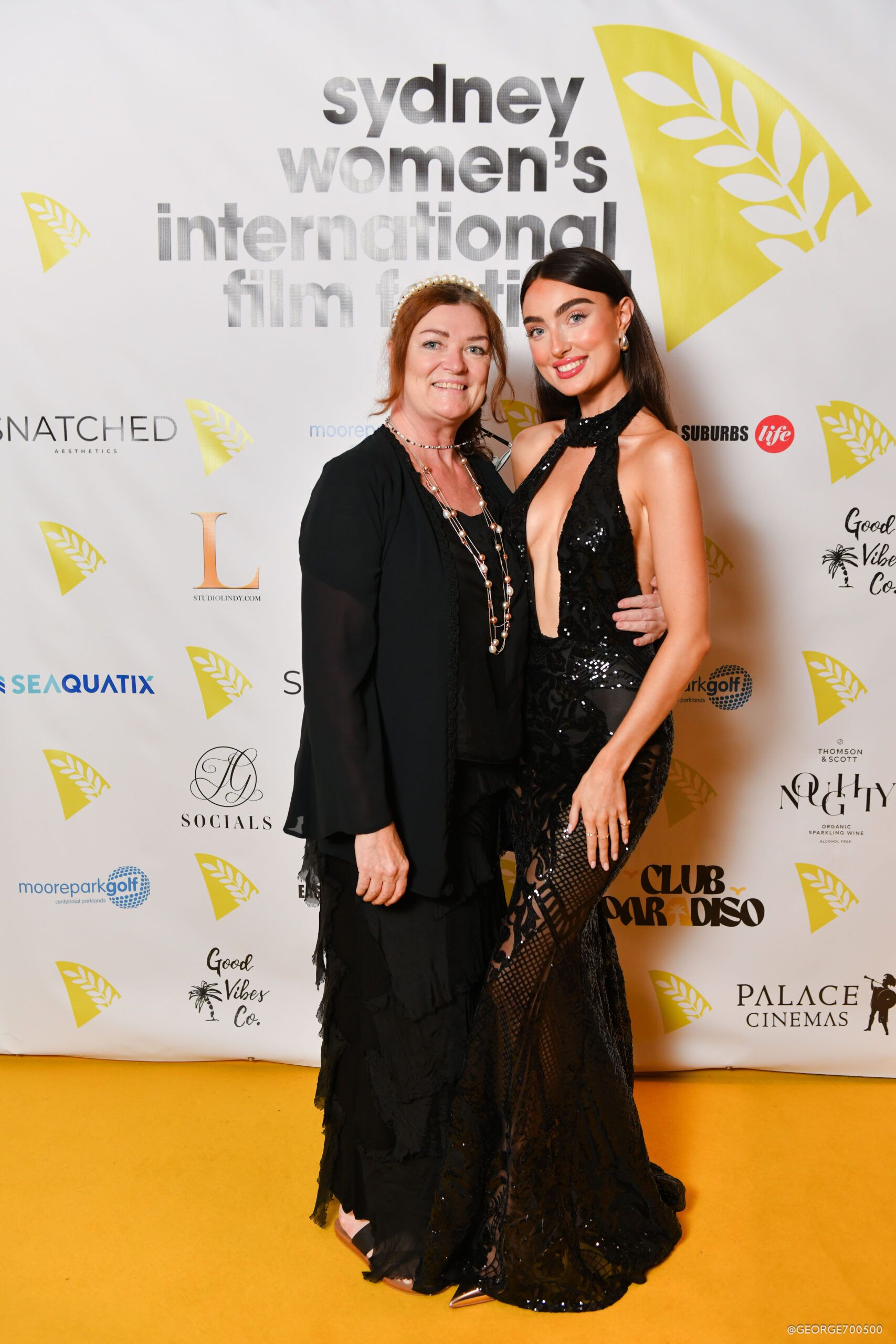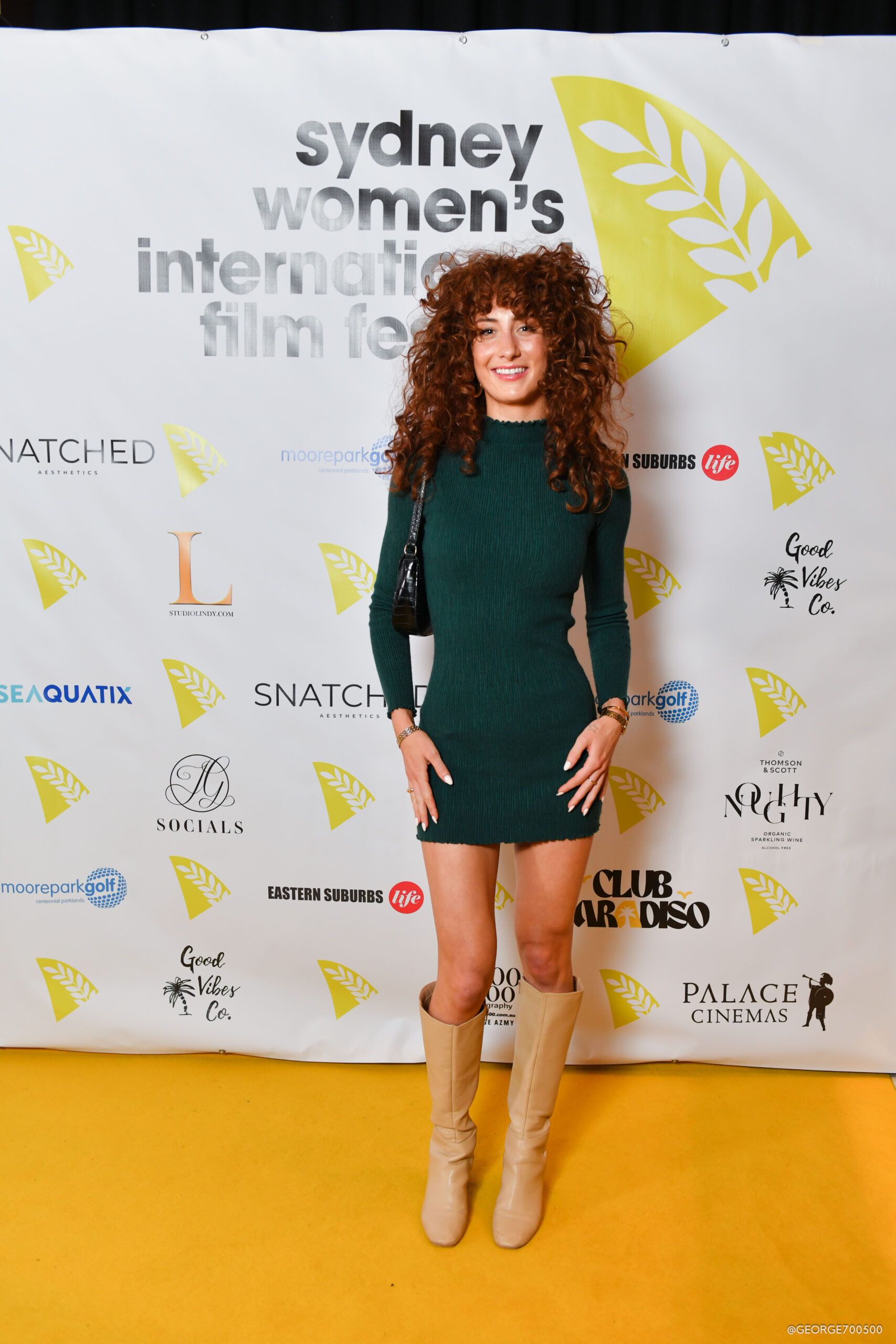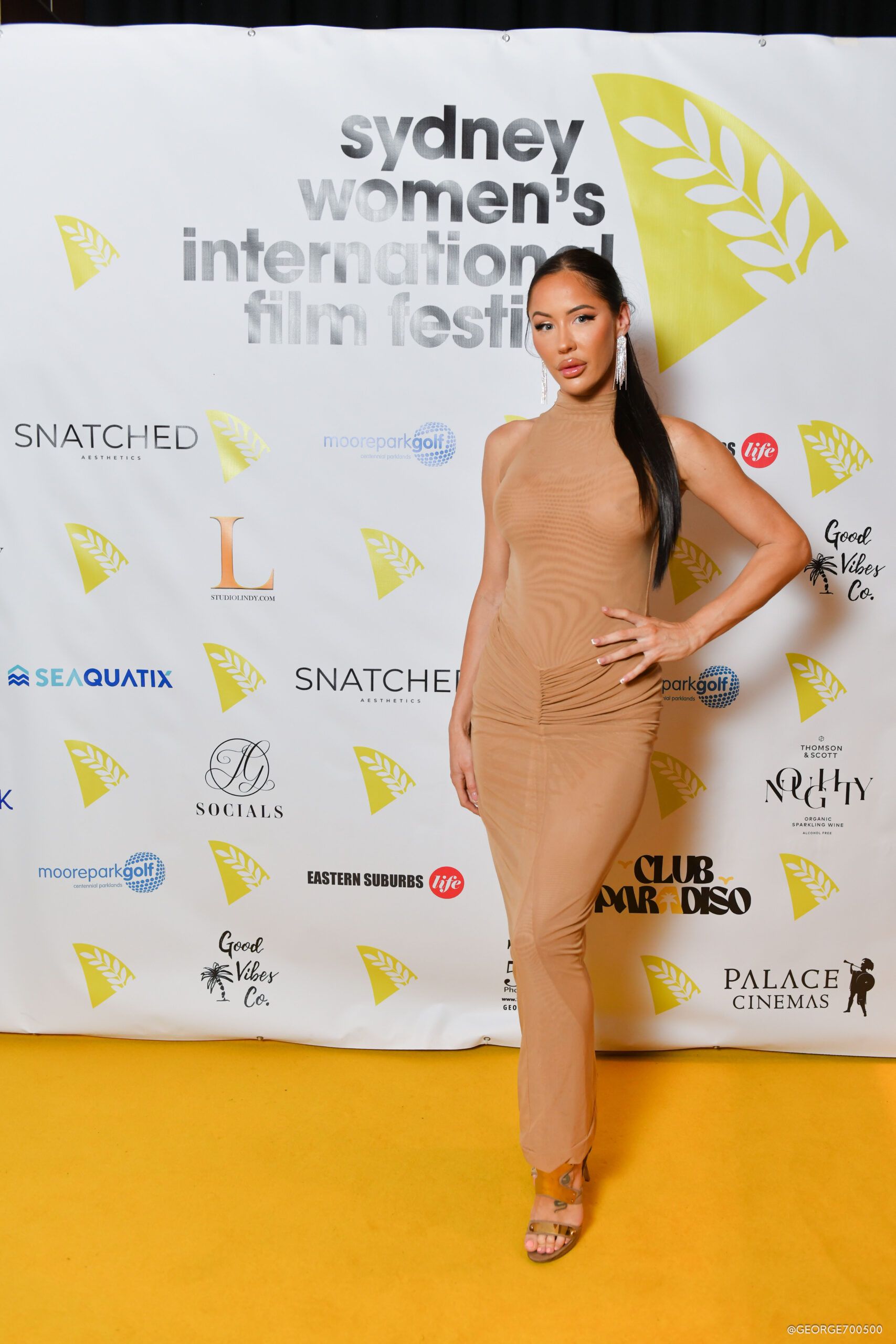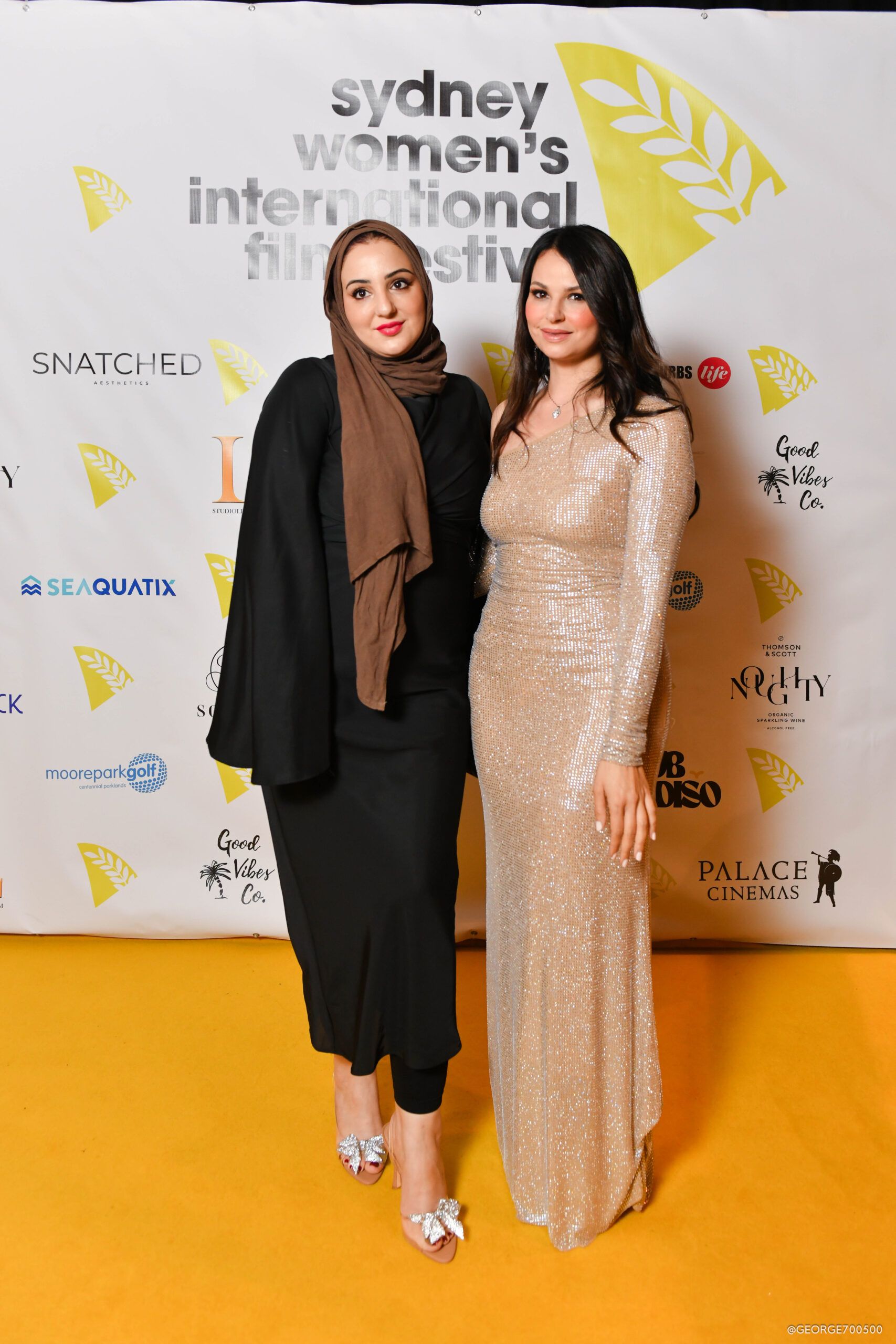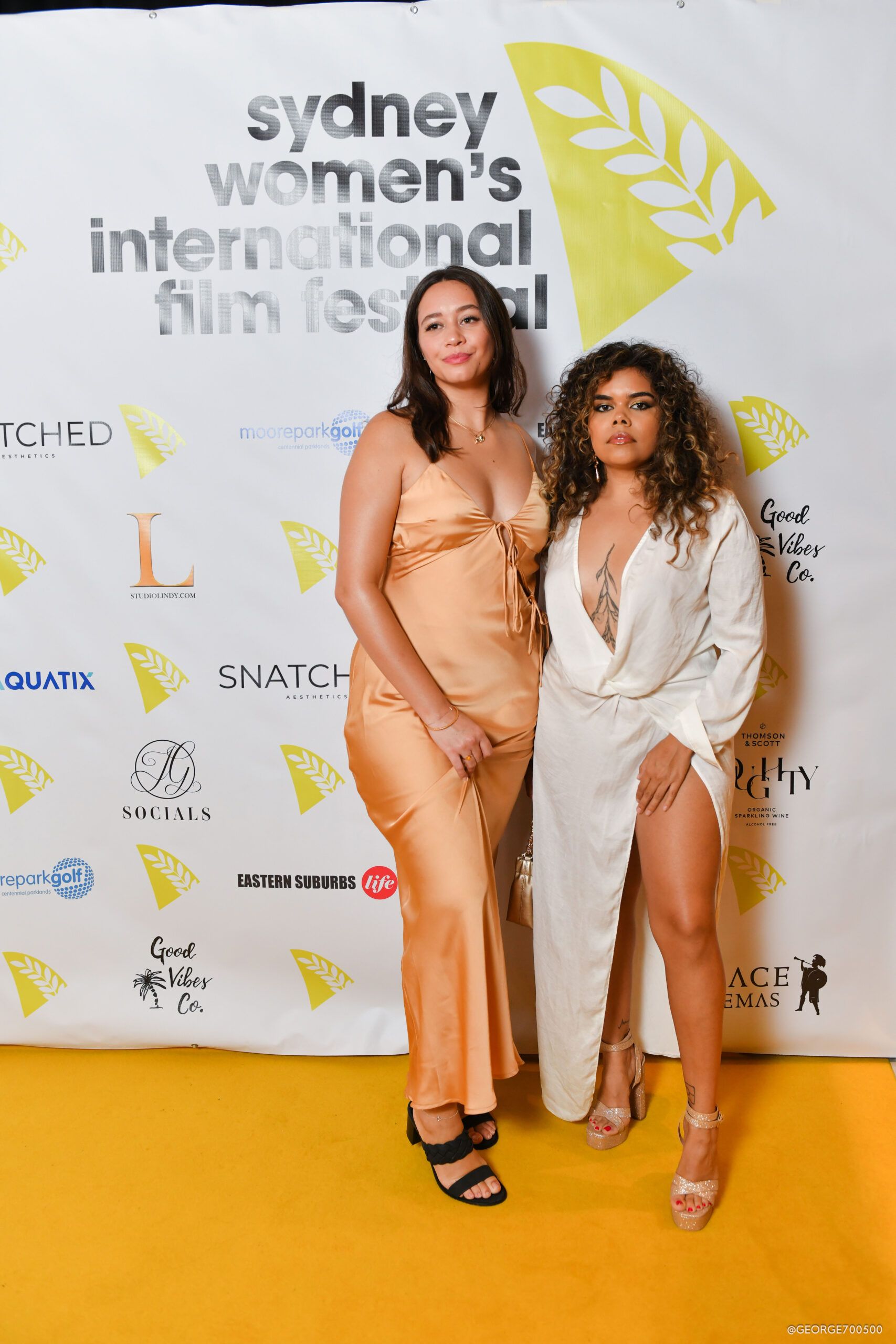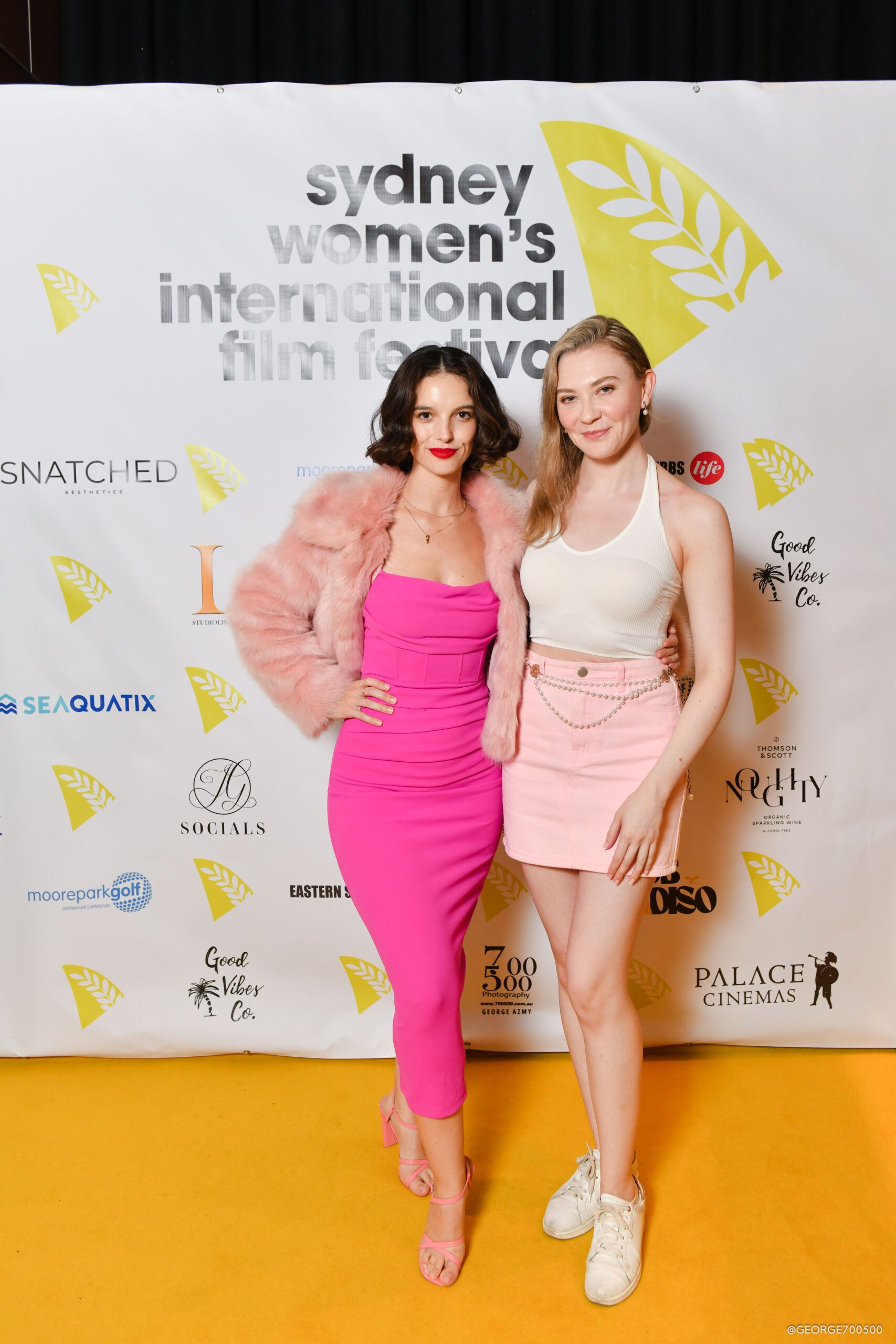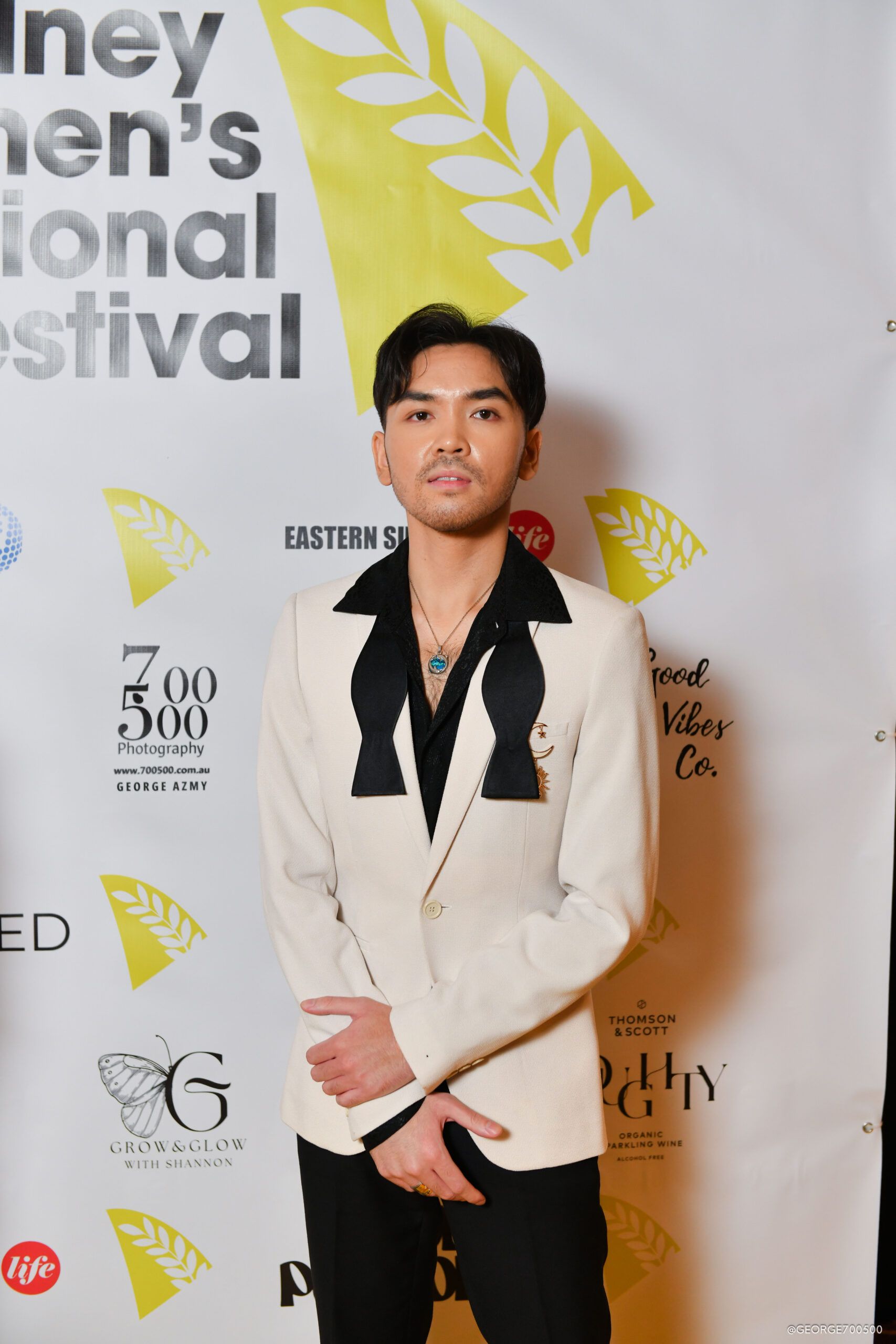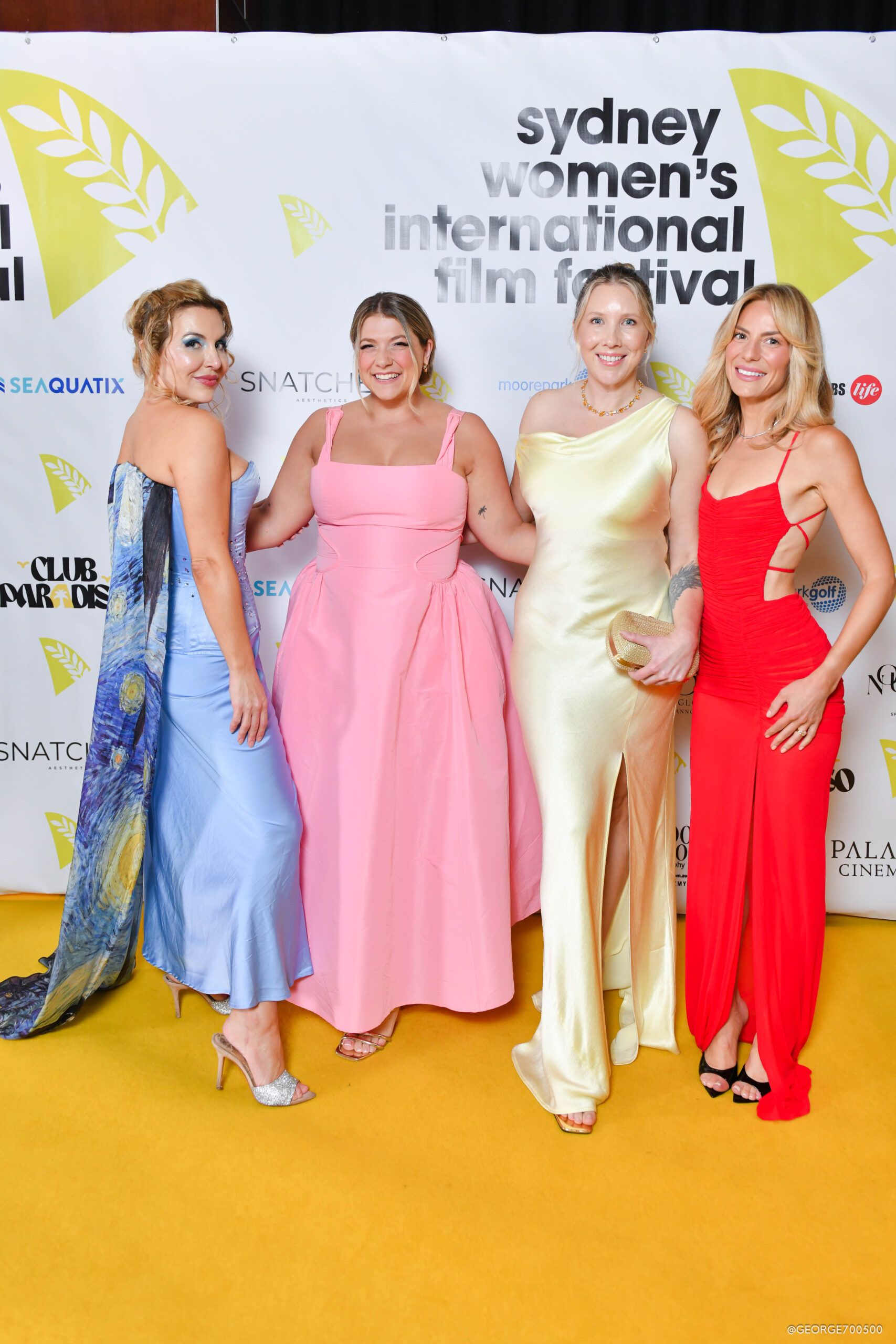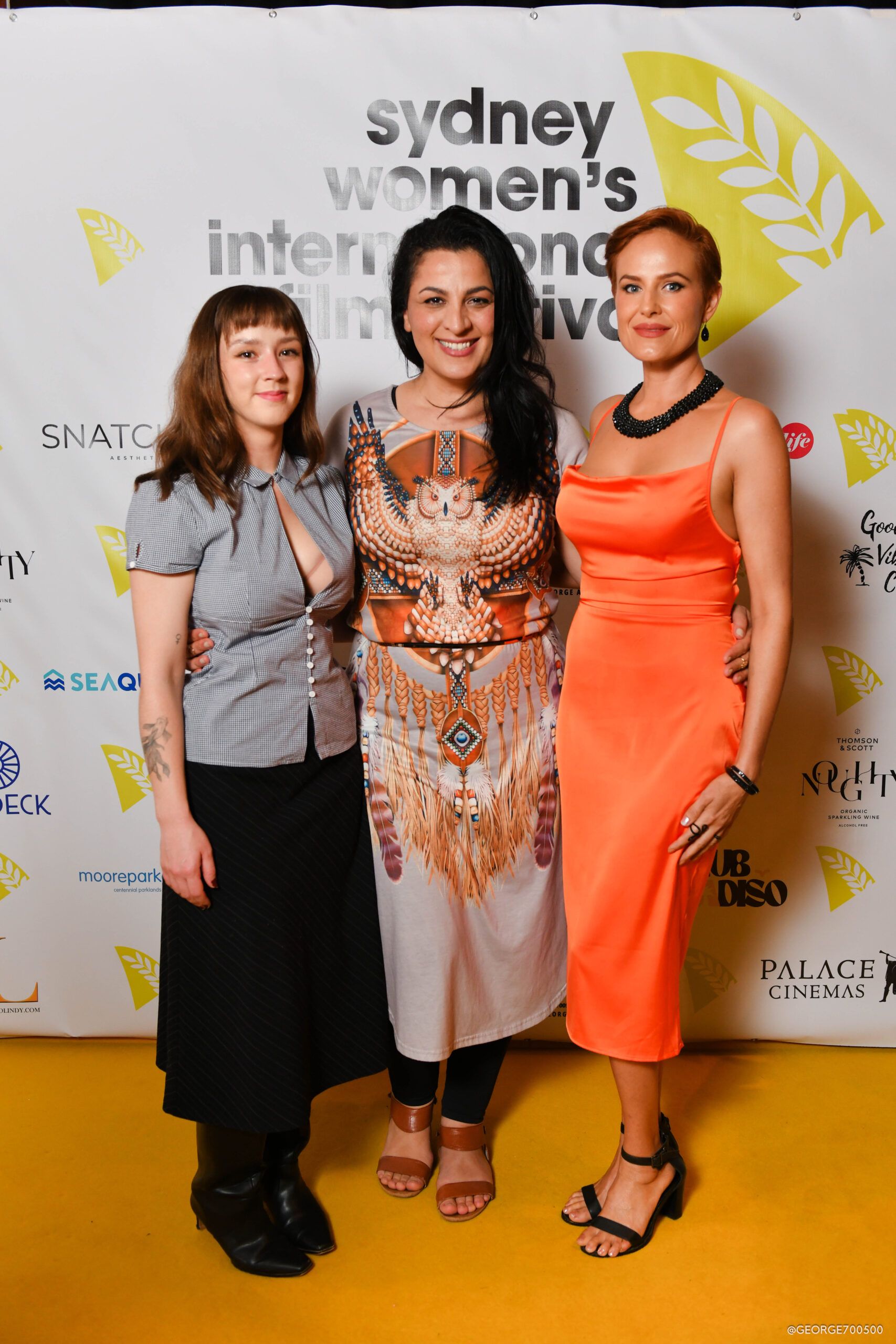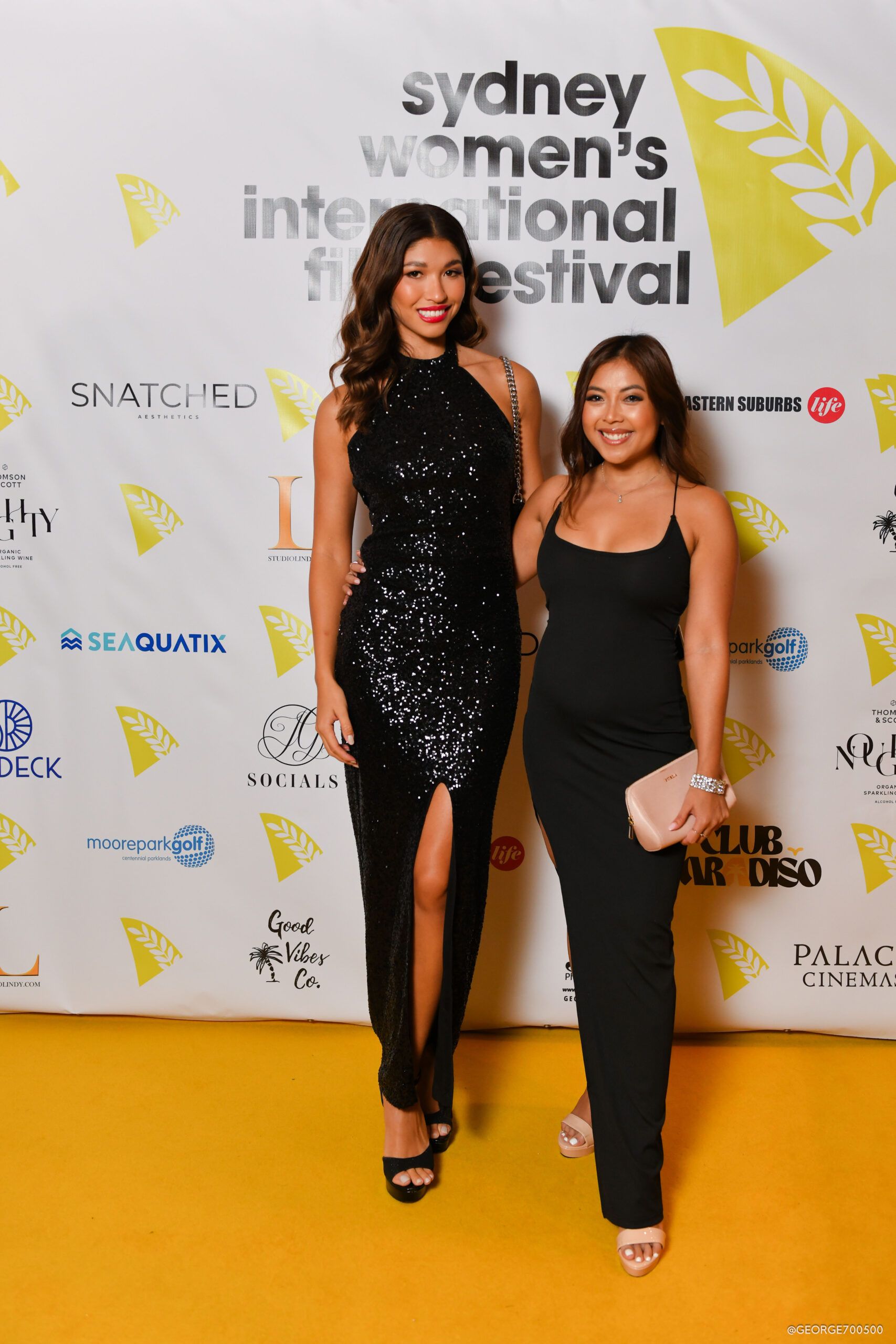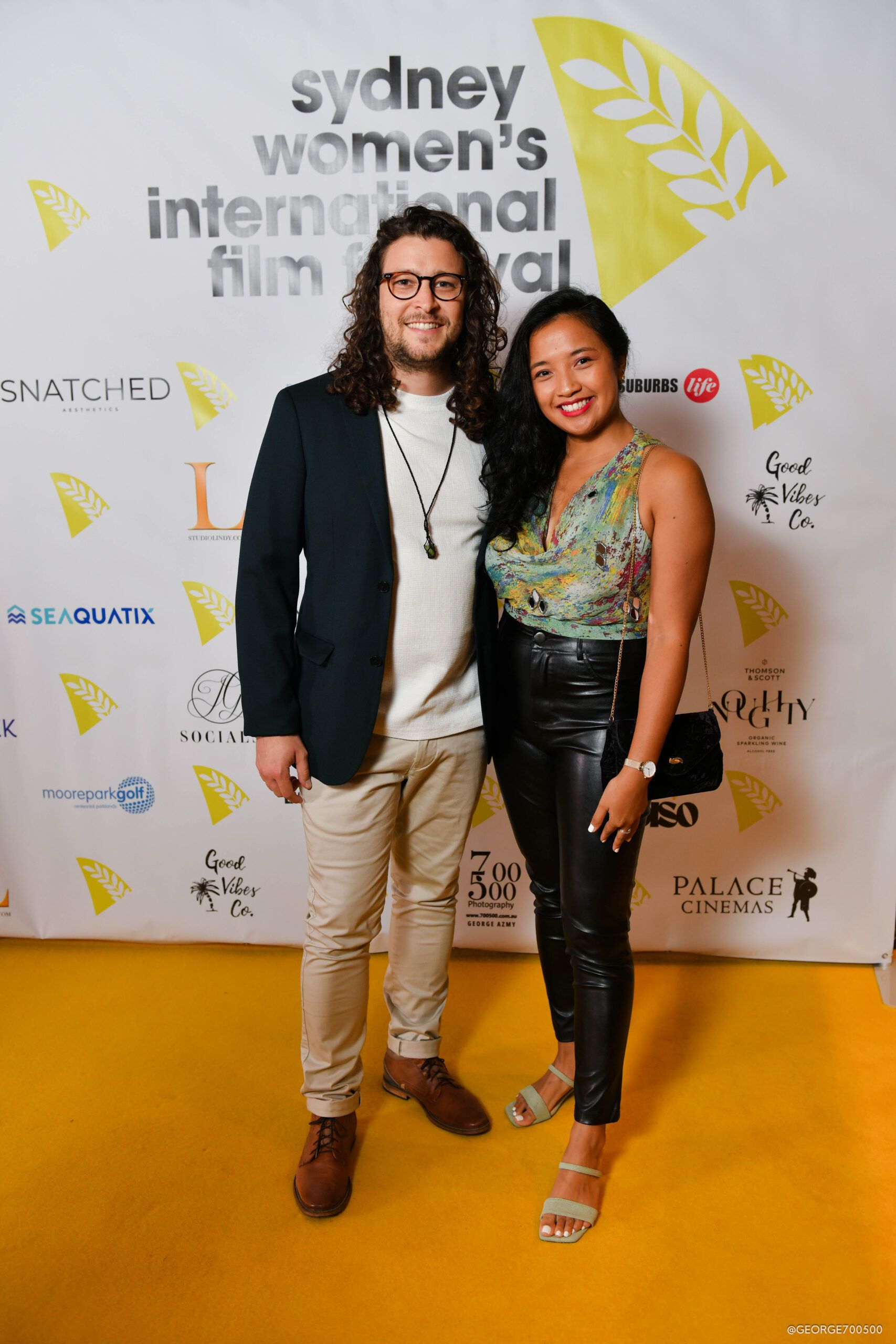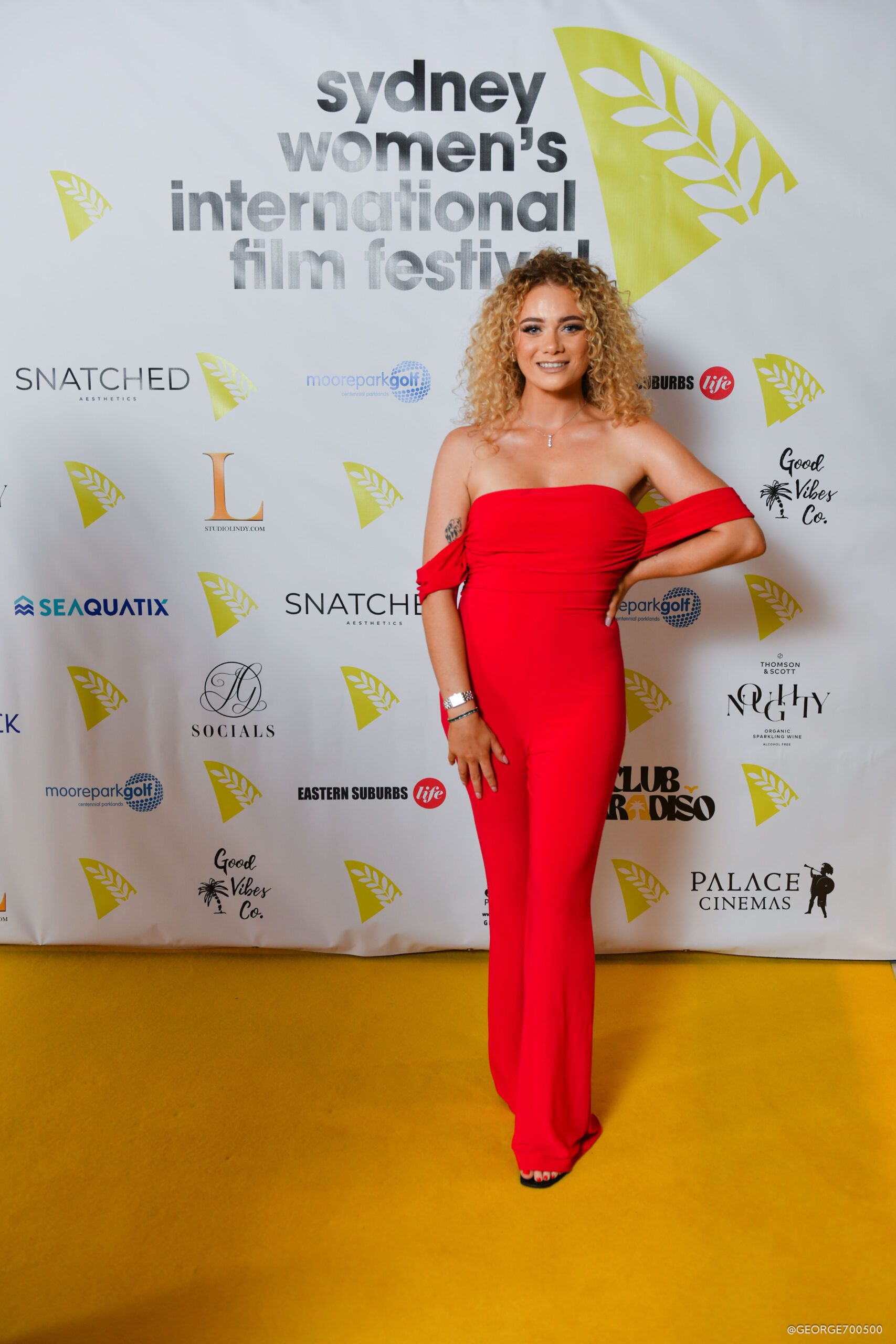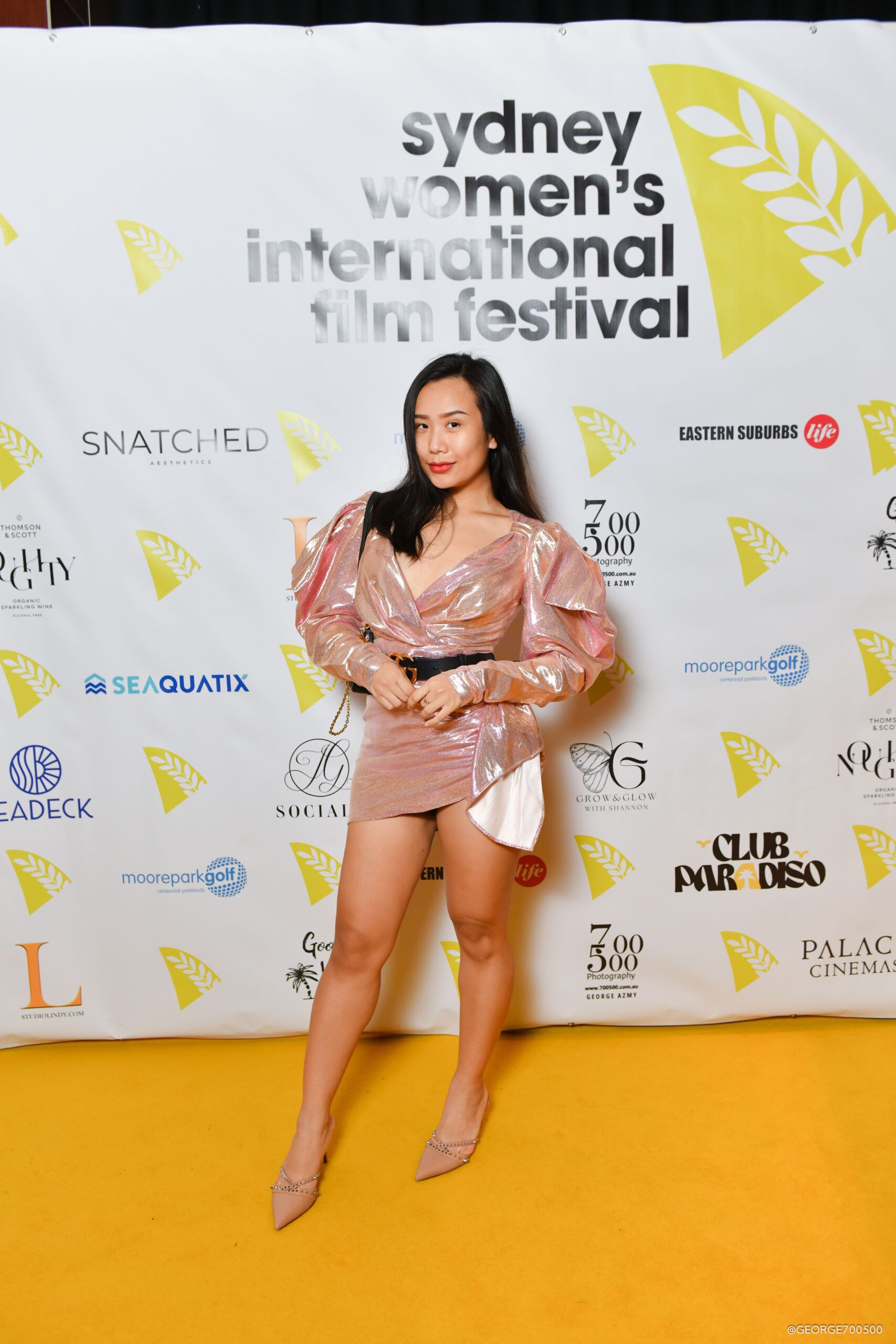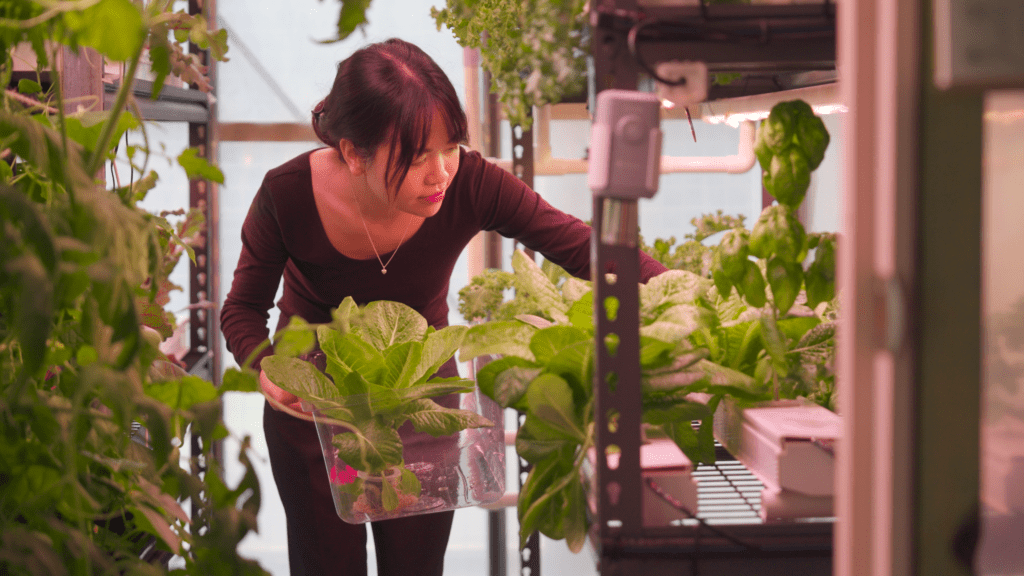The yellow carpet shimmered beneath strappy heels and glittering gowns at the Sydney Women’s International Film Festival (SWIFF) on Friday night — but beneath the glamour was a simmering frustration.
For the fifth year in a row, women in film gathered at Moore Park not just to celebrate their work, but to confront an industry still failing them.
Despite years of activism and glossy industry promises, the Australian film sector remains a hostile place for many women. And few know this better than Clare McCann, SWIFF’s Creative Director, who has spent the last three months single-handedly producing the festival.
“It’s been really stressful,” she said. “There’s so much to these films and the women’s issues in them and it gets me in a really bad mood… I feel really frustrated about women’s issues.”
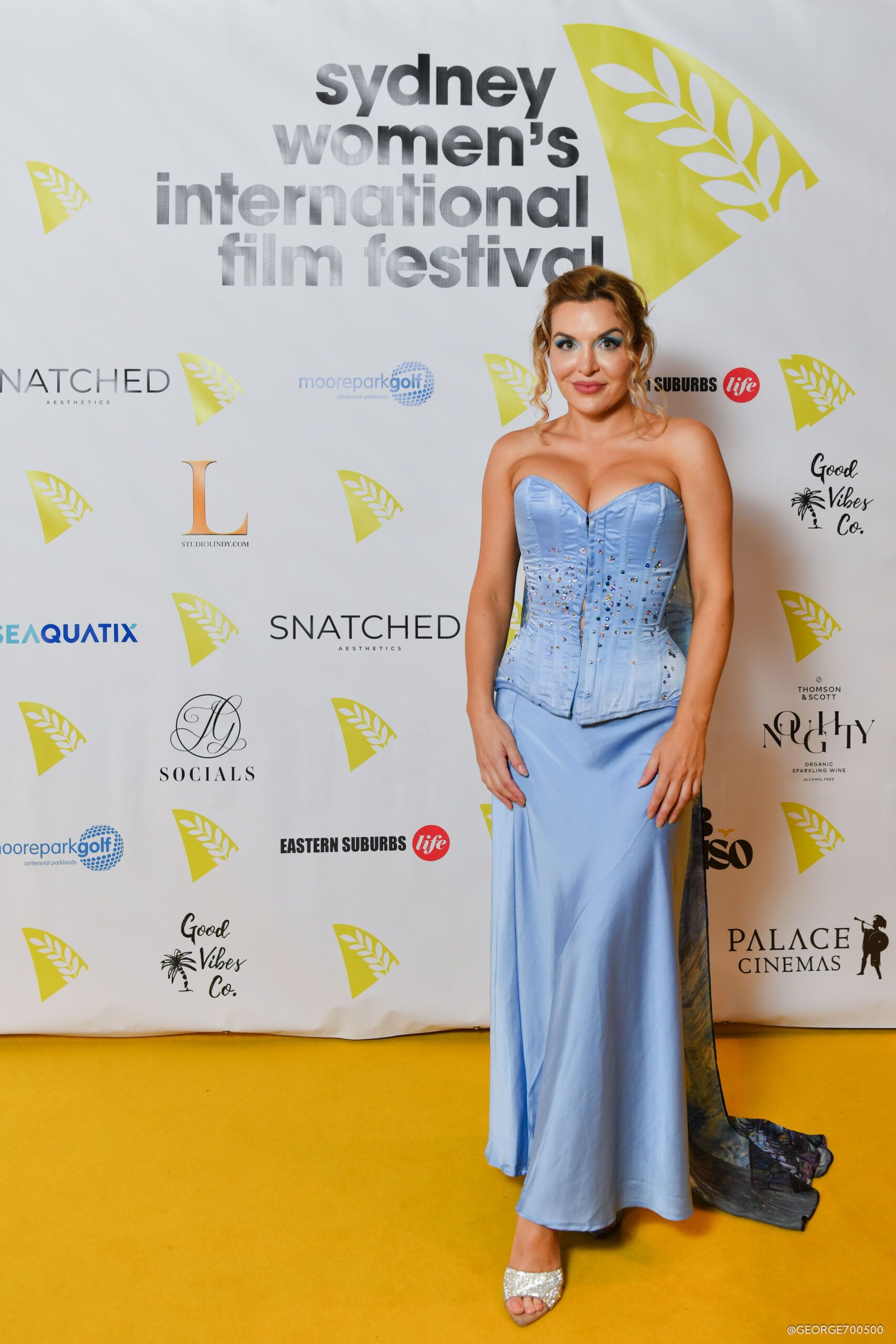
That emotional weight is backed by hard numbers. While Screen Australia reports that 55% of key creative roles (writer, producer, director) across funded projects over the last three years were held by women and gender-diverse creatives, the reality in feature drama remains underwhelming.
In 2022/23, women held only 49% of key creative roles in Screen Australia-funded feature dramas. Outside of these, the broader Australian industry paints an even starker picture: just 32% of key creative roles in locally produced features were held by women in 2022, with only 22% of directors being women.
McCann’s own experience reflects these statistics in the form of persistent judgment and inappropriate behaviour — even in a space designed to uplift women.
“I get judged a lot on my appearance and my happy attitude. A lot of people assume that maybe I’m stupid, maybe I’m uneducated,” she said. “I think people are quite surprised when they realise how many years of university I have behind me… You can’t judge a book by its cover.”
She adds, “Surprisingly, I would have thought the #MeToo movement made more of an effect here. But I haven’t seen a change in the way men are treating women. I’ve found that I’m being approached inappropriately even more so since running the festival, which I find really scary.”
It’s a jarring contradiction — that a woman running a festival built around empowerment still feels unsafe.
“I don’t think I could ever find the confidence to speak out about who these people are,” McCann said. “But then I’m like, what difference is it gonna make if the movement isn’t doing [enough]? Maybe we just need to focus more on positivity and creating safe spaces… where women who’ve experienced that sort of thing can come.”
That sense of community and authenticity echoed in the work of filmmaker Kristina Moschella, whose short film Waking Up Thirty was part of the festival. The project challenges societal norms and the pressures women face in their thirties.
“It’s all about being a woman in your thirties and not necessarily doing what society expects you to do,” said Moschella. “I’m 35 and haven’t done any of that yet. So the film says it’s okay to go against the grain and be you.”
Still, she acknowledges one pressure that looms large.
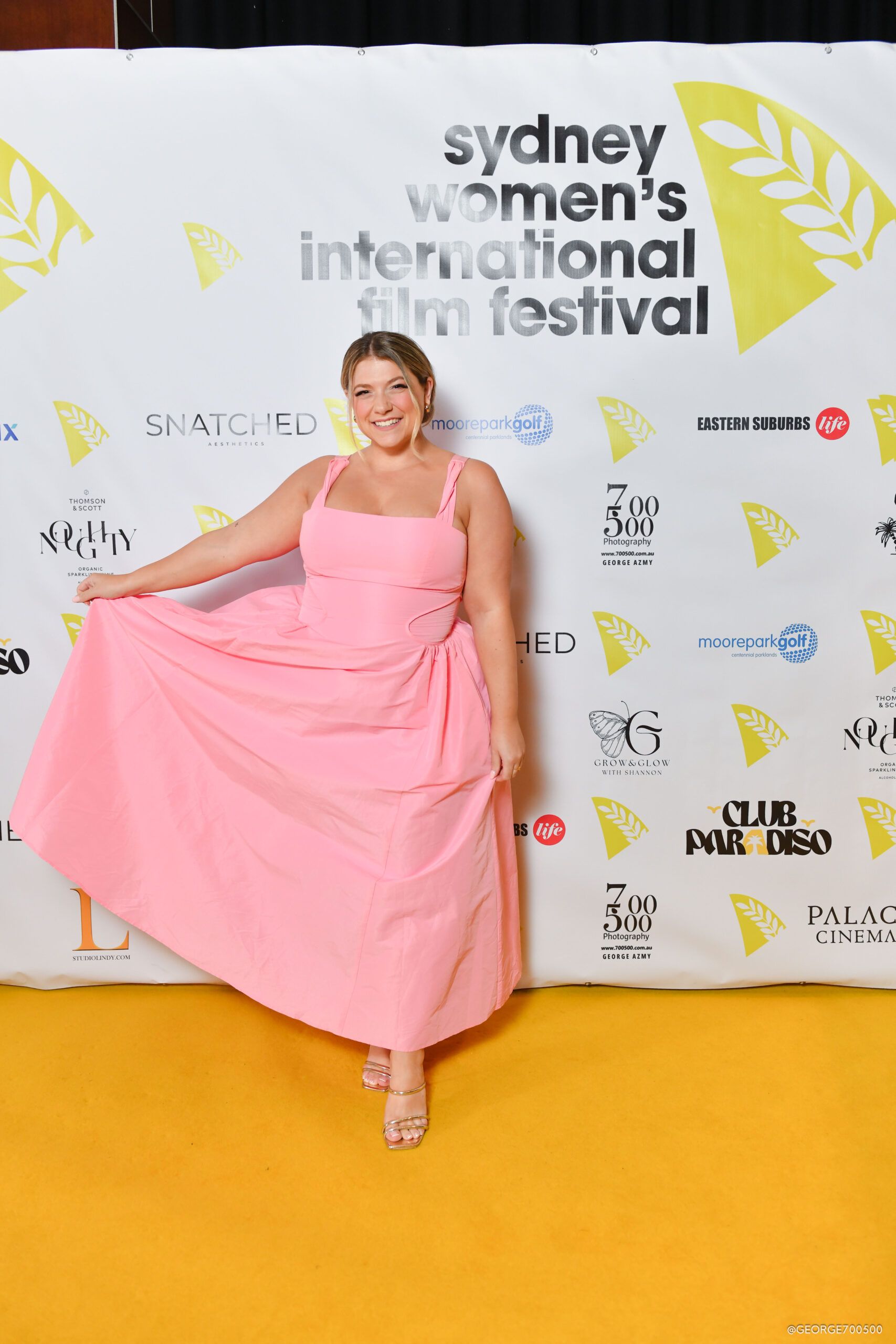
“The thing that kind of affects us though is that ticking clock… that biological clock,” she said. “We can’t get society to change that — it’s biological. But with modern medicine, you can freeze your eggs. There are more options — adoption, fostering.”
Moschella is also passionate about the shifting narrative around female sexuality — especially on red carpets where women’s appearances are scrutinised.
“We’re taking ownership of that. It’s okay to have sex and be sexual, to wear something sexy on the red carpet,” she said. “And I think that we’re all doing that — and I’m really excited.”
While speaking at the festival, McCann likened organising SWIFF to “managing a wedding,” a chaotic juggle of high expectations and raw emotion — all while trying not to “turn into a bridezilla.” Yet her conviction is unwavering.
“I’m so passionate about all these women’s stories and women’s rights that I just push on through.”
Because even when the red carpet fades, the work doesn’t stop. Festivals like SWIFF aren’t just celebrations — they’re urgent calls for equity, accountability, and space. Safe spaces.
